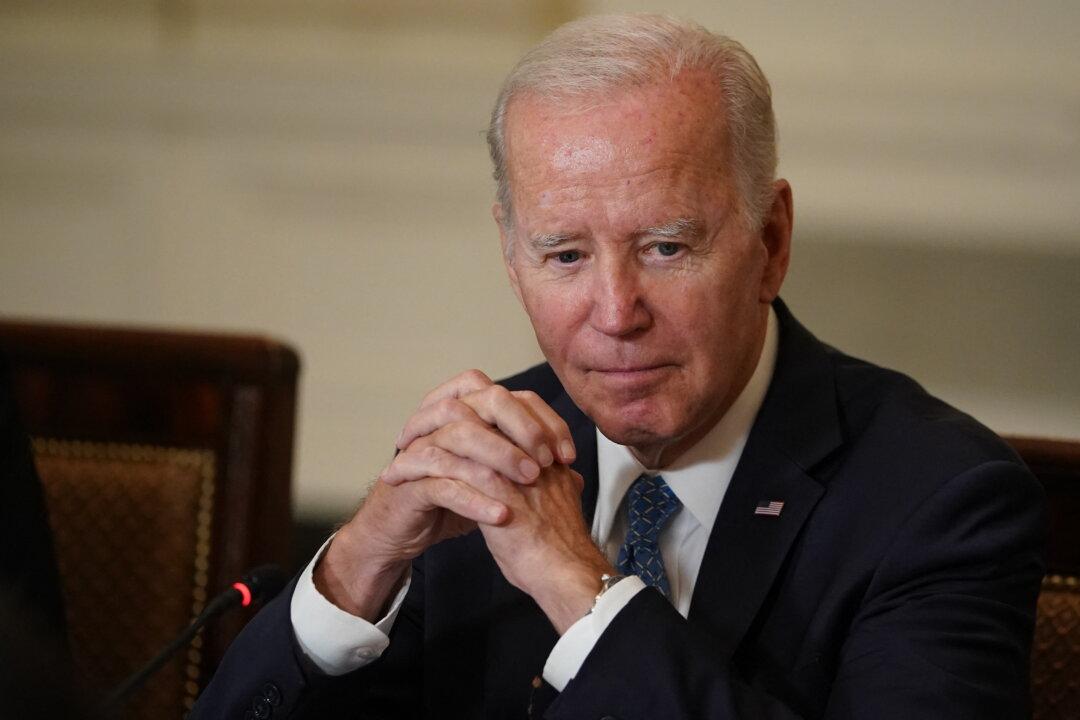Commentary
The Biden administration announced the appointment of its first “Special Representative for Subnational Diplomacy” on Oct. 3. Secretary of State Antony Blinken said the position would “spearhead the Department’s efforts to engage local partners, foster connections among cities in the United States and abroad, develop solutions and partnerships to key issues facing local actors, and fundamentally strengthen the Department’s ties to our cities and communities.”





